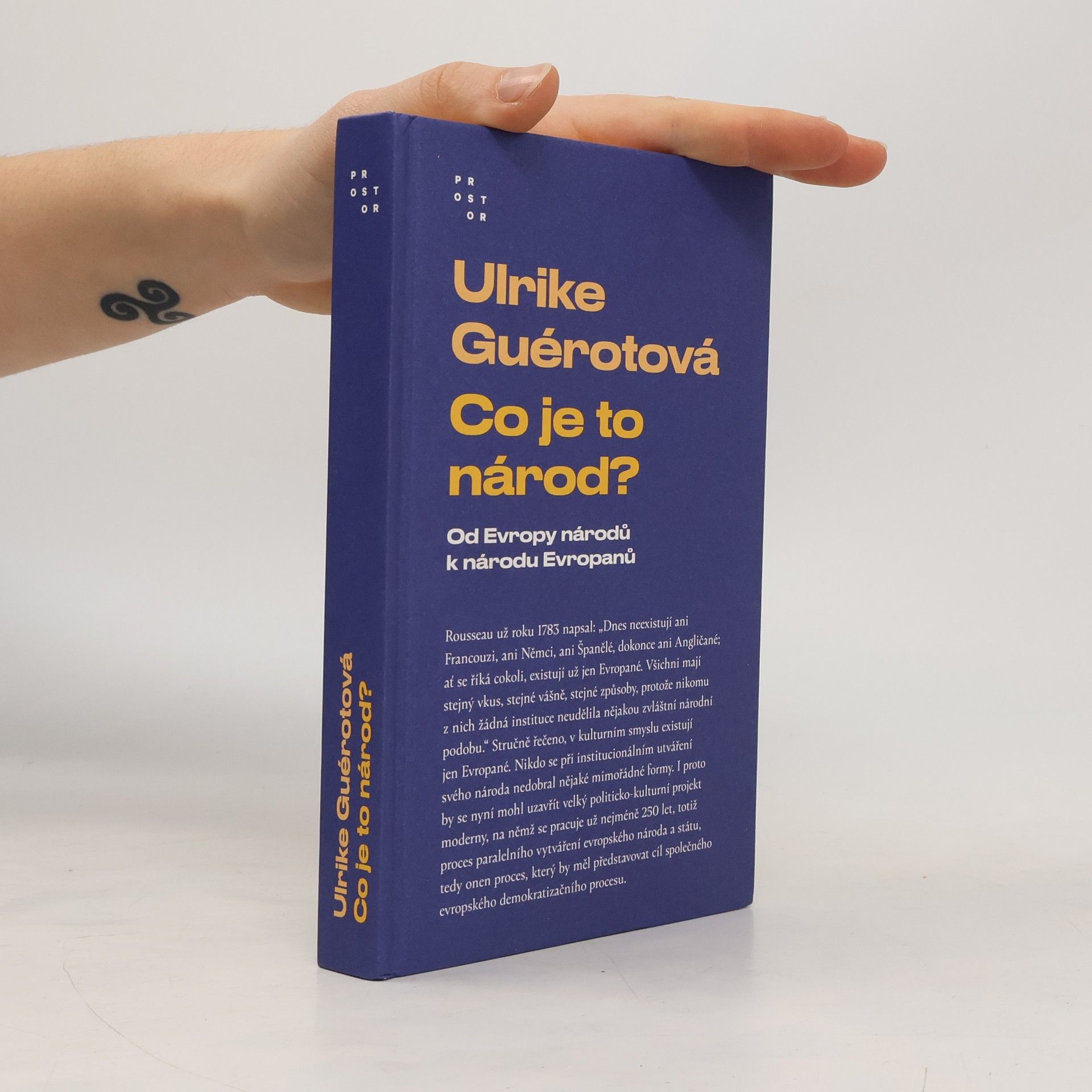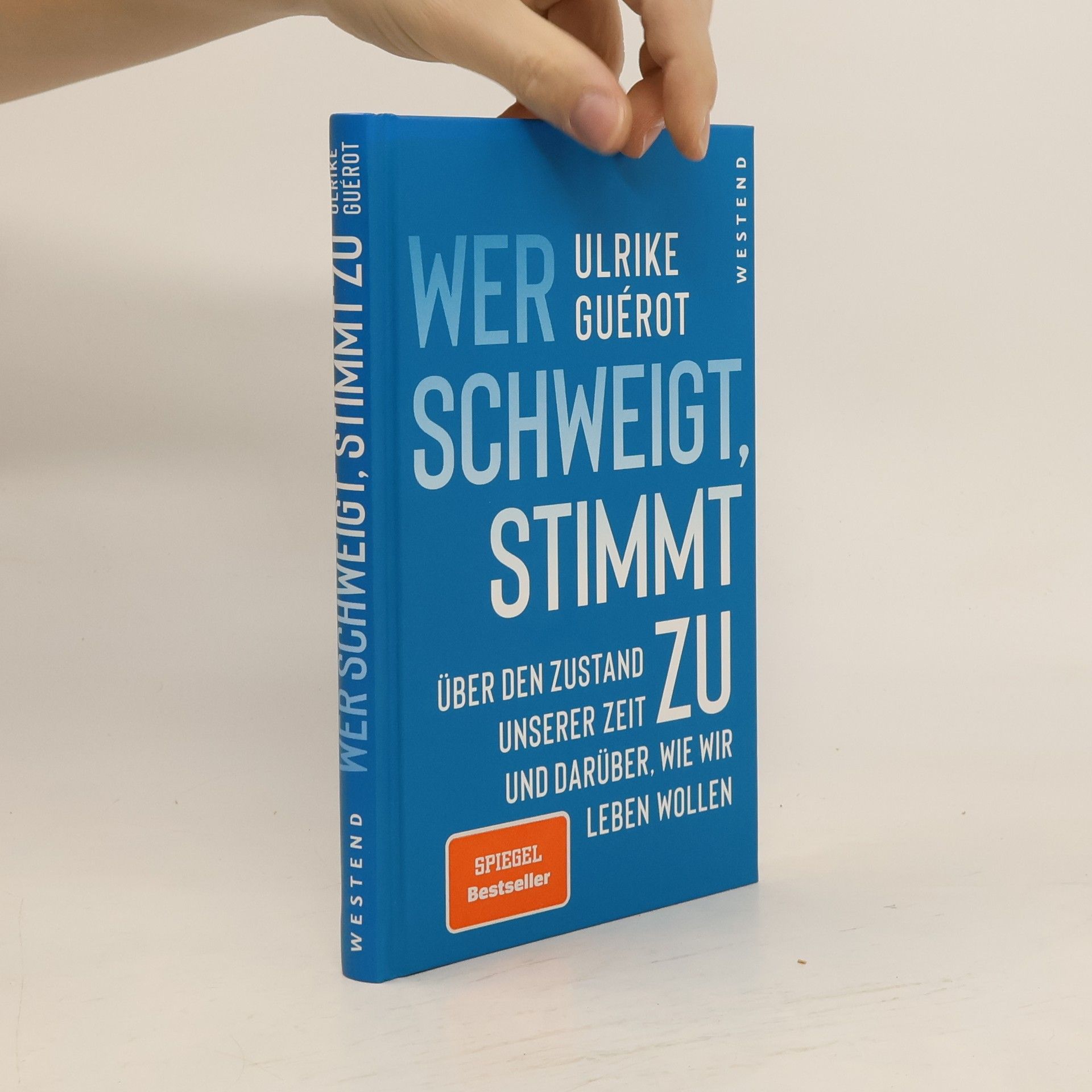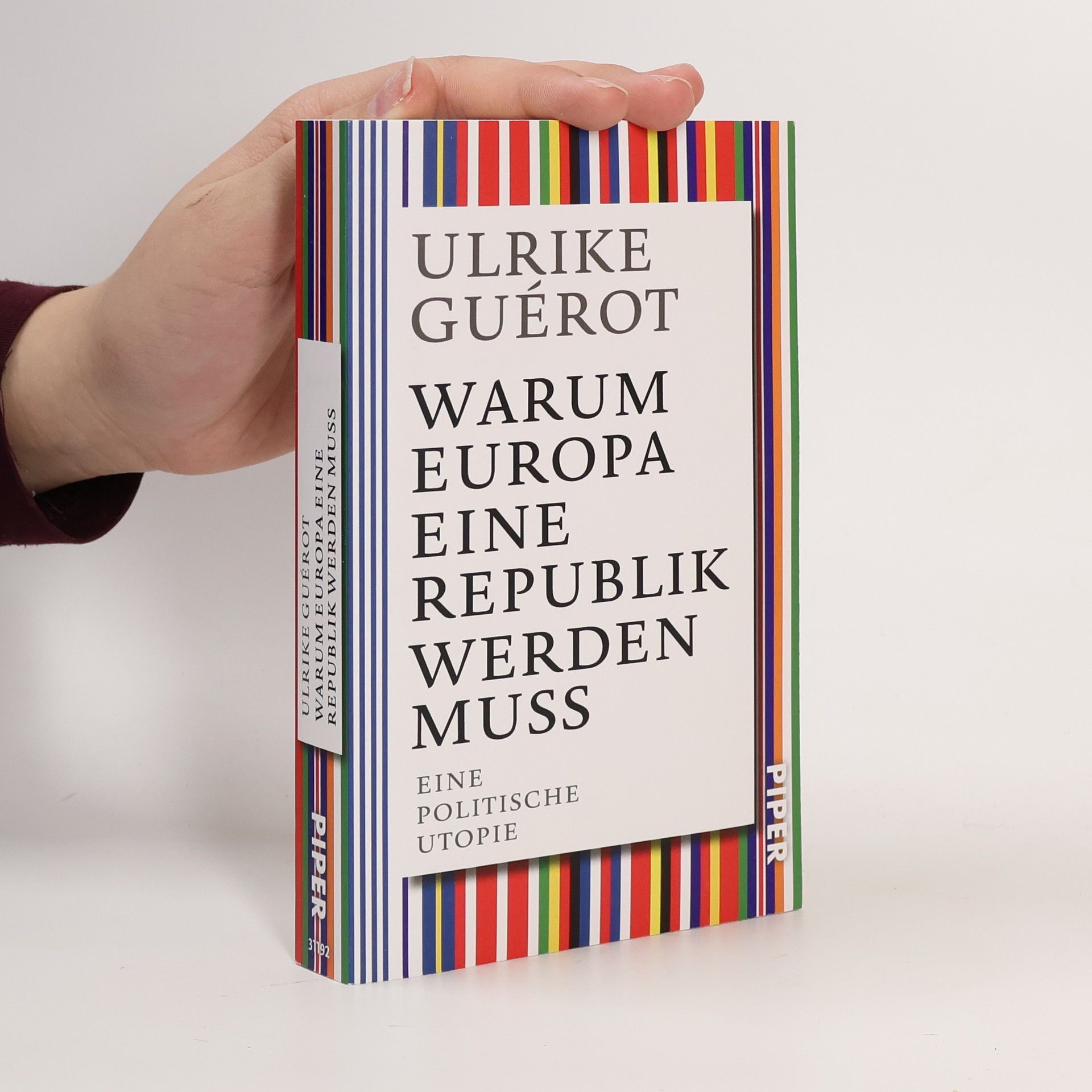The world is facing many great challenges: from pandemics to climate change, and from increasing inequality to the issues surrounding digitalization. In a new and rapidly changing global landscape, Europe must look for solutions to these difficulties to follow up on its impressive decades-long process of integration. Europe has the capacity to chart a progressive course in the world. Our European Future offers solutions to rethink our socioeconomic model in the glare of the environmental and digital transformations; to redefine Europe's role in the world to contribute to renewed multilateralism; to strengthen investment in public goods; and finally, to re-invent our democratic contract. The book brings together the insights of renowned experts from across Europe, and it should prove a handy guide for any progressive thinker, policymaker or activist, and for any citizen who would like to take part in the necessary democratic debate about our future. This book, edited by Maria João Rodrigues with the collaboration of François Balate, is a first contribution from the Foundation for European Progressives Studies to the Conference on the Future of Europe and beyond.
Ulrike Guérot Livres

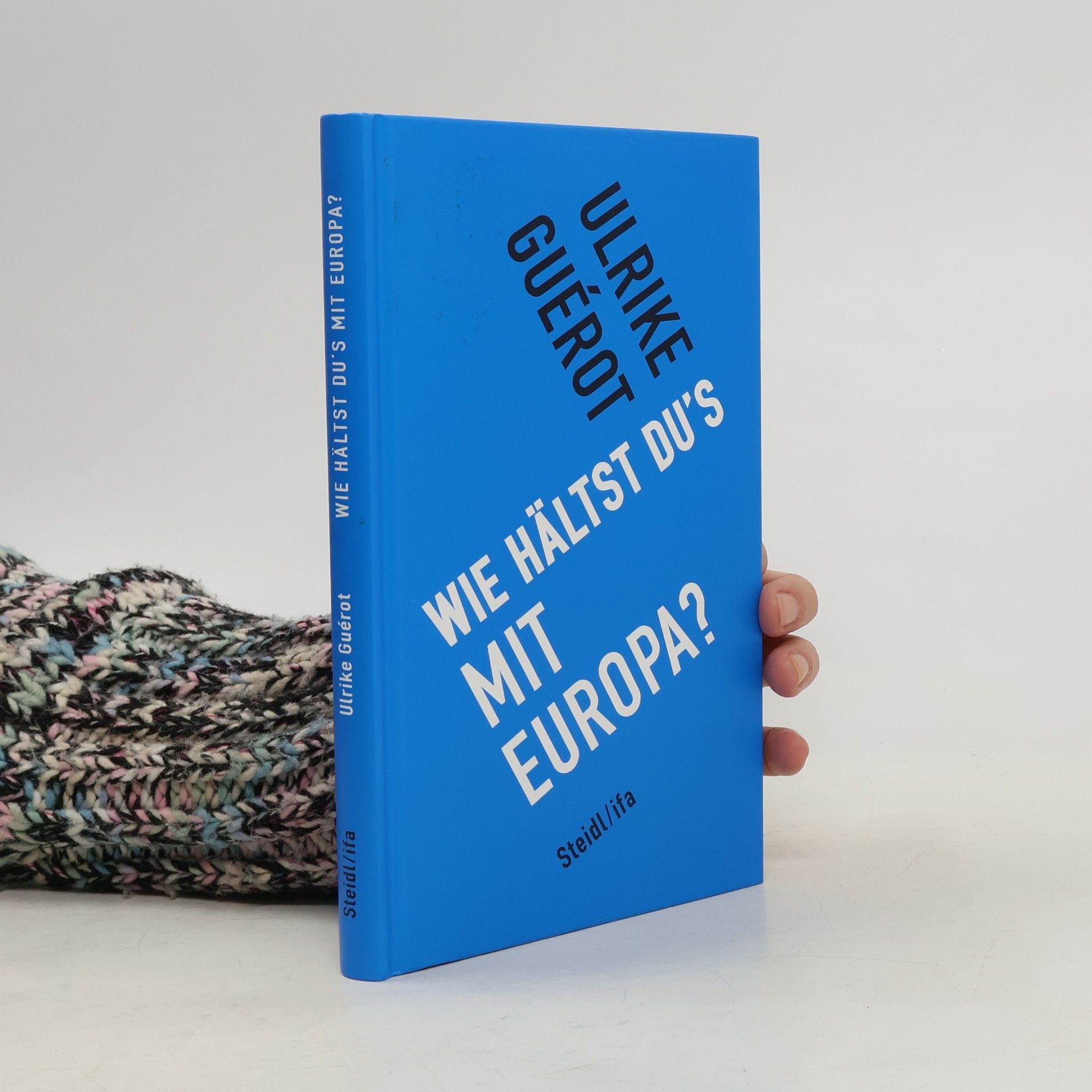
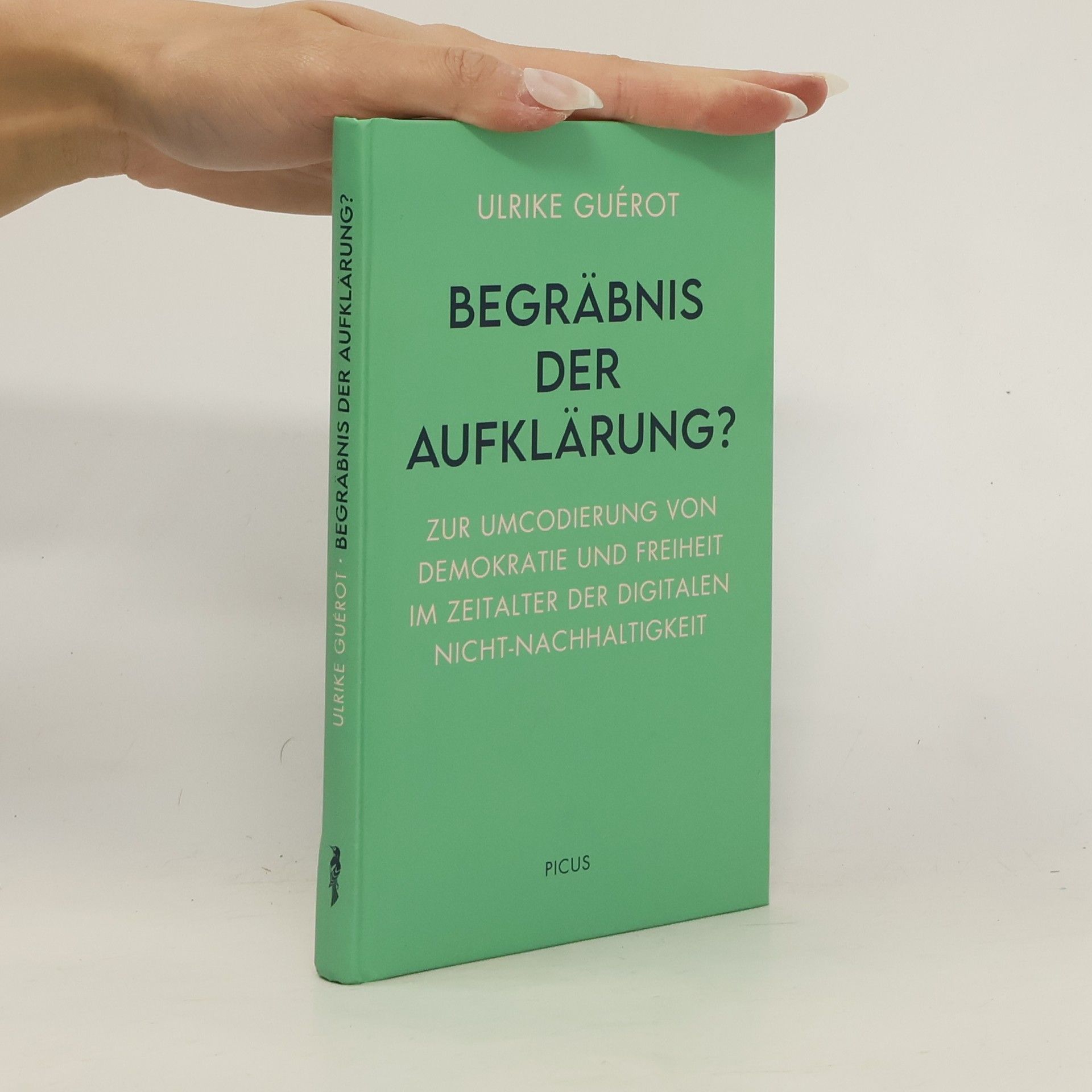


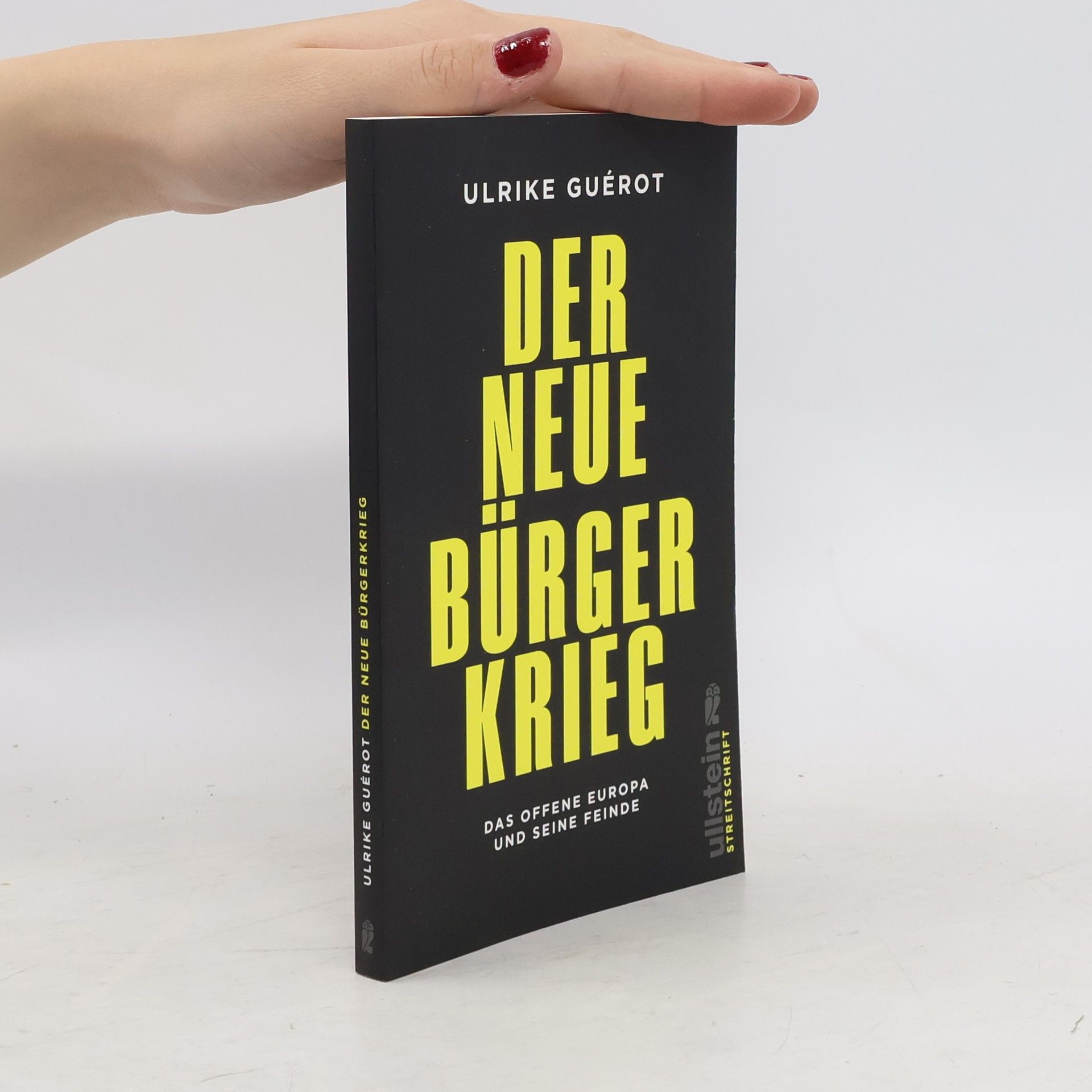
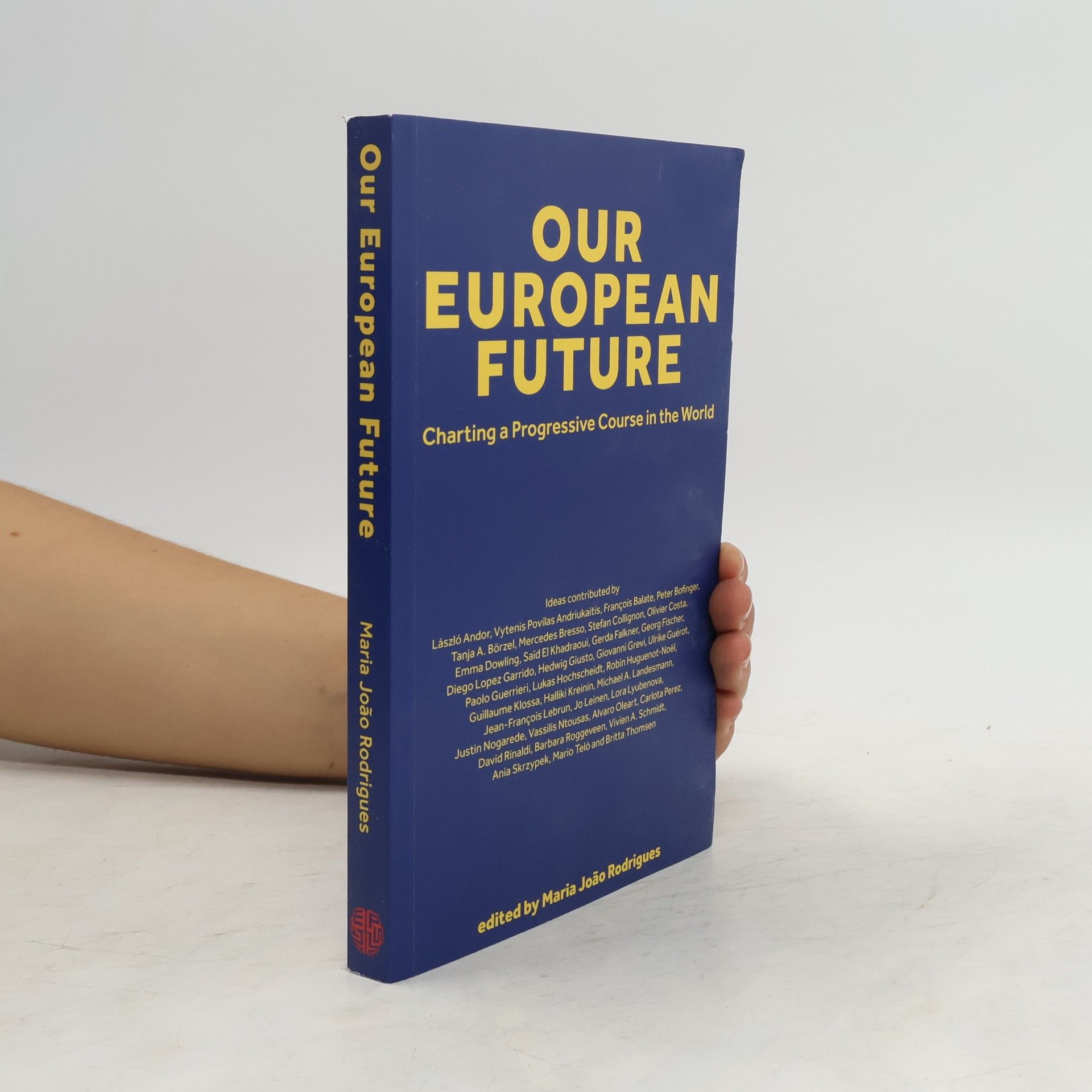
Europa steckt tief in der Krise. Die von den Rechtspopulisten angestrebte Rückkehr zu nationalstaatlicher Konkurrenz kann nicht die Lösung sein. Ulrike Guérot plädiert für einen radikalen Neuanfang: Dem gemeinsamen Markt und der gemeinsamen Währung muss endlich eine gemeinsame europäische Demokratie folgen. Nur so können wir das weltoffene Europa bewahren, das die Mehrheit der Europäer nach wie vor will.
Ulrike Guérot über Halford J. Mackinders Heartland-Theorie
Der geografische Drehpunkt der Geschichte
- 128pages
- 5 heures de lecture
"[?] nicht nur hat Europa kein Geld für Krieg. Europa kann nicht Krieg und es hat in diesem Krieg nichts zu gewinnen! Es ist dafür strukturell, finanziell und militärisch nicht ausgelegt. Europa kann sich keinen Krieg leisten, wenn es als demokratische Einheit überleben soll. Anders formuliert: Europa hieß einmal #NieWiederKrieg! Europa kann nur Frieden. Allein die Rückbesinnung auf seine Geschichte kann Europa retten und seine Emanzipation befördern. Europa muss wieder Friedensmacht werden, muss aus dem Frieden wieder seine Kraft, seine Stärke und seine Identität ziehen. Das ist es, was Europa, eingeübt über Jahrhunderte in einem Gleichgewicht der Mächte, in eine multipolare, eurasische Welt des 21. Jahrhunderts einbringen müsste. Kurz: Europa ist gleichsam der Anti-Mackinder!" Ulrike Guérot betrachtet Mackinders Heartland-Theorie aus einem neuen Blickwinkel und ordnet diese in das aktuelle Zeitgeschehen ein. Inklusiv des kompletten Originaltexts von Sir Halford J. Mackinder.
Ulrike Guérot analysiert in ihrem Buch die Herausforderungen für Demokratie und politische Repräsentation in Deutschland, die durch digitale Diskussionen und populistische Tendenzen gefährdet sind. Sie plädiert für gesellschaftlichen Zusammenhalt und zeigt Wege auf, wie eine stabile, zukunftsfähige Demokratie wiederhergestellt werden kann.
Begräbnis der Aufklärung?
Zur Umcodierung von Demokratie und Freiheit im Zeitalter der digitalen Nicht-Nachhaltigkeit
Die Politikwissenschaftlerin Ulrike Guérot erkennt die veränderten globalen anthropologischen Umstände - Klimakatastrophe und Digitalisierung - und konstatiert ein Spannungsfeld zwischen Aufklärung und (Klima-)Apokalypse. Die (individuelle) Freiheit, die die Menschen in Anbetracht der notwendigen Regulierungen glauben fordern zu müssen, ist überholt. Es braucht, so Guérot, eine anspruchsvolle Art von Freiheit, eine, die ein Ziel hat, nämlich ein würdevolles Leben für die gesamte Menschheit, selbst wenn dies mit Einschränkungen für den Einzelnen verbunden ist.
Ulrike Guérot beleuchtet in „Wie hältst du’s mit Europa?“ die Entwicklung der EU in den dreißig Jahren zwischen 1989 und 2019. Wie oder wieso hat sich Europa, auch unter deutschem Einfluss, immer mehr von seinem Ziel einer ›immer engeren Union‹ abgewendet? Was hält diesen Kontinent in seinem Innersten noch zusammen, in einem Agenblick, wo das einstige deutsche Paradigma, nämlich dass deutsche und europäische Einigung zusammengehören, ganz offensichtlich nicht mehr gilt? Dieses Buch ist nach Oskar Negts Gesellschaftsentwurf Europa. Plädoyer für ein gerechtes Gemeinwesen der zweite Band der Edition ifa im Steidl Verlag. Ziel der Reihe ist die Diskussion neuer Sichtweisen auf, Prinzipien von und Perspektiven für Europa. Das große Friedensprojekt und die Vision einer wirklichen Union können gegen die neuen Abschottungen, Renationalisierungen und Europafeindschaft nur behauptet werden durch mutige Verteidigung des Erreichten, konsequente Weiterentwicklung der Gemeinschaft von Staaten zur Union der Kulturen, Gesellschaften und Nationen und radikale Ideen für Europa. Viele Initiativen und Bewegungen zeigen dabei das Engagement der Generation, die in diesem Europa leben wird – und fordern die Übernahme von Verantwortung statt die Verteidigung von Interessen, das Eintreten für ein Europa der Menschen – nicht der Staaten. Der Essay "Wie hältst du's mit Europa?" ist der zweite Essay in der Reihe IFA-Edition im Steidl Verlag.
Co je to národ?: Od Evropy národů k národu Evropanů
- 186pages
- 7 heures de lecture
Národ a národní stát jsou v módě stejně jako retro nábytek nebo falešné řasy. V diskusích o Evropě jsou Evropa a národ permanentně stavěny proti sobě. Národní stát musí v každém případě zůstat. Kdo se ho dotkne, kdo ho chce v zájmu Evropy „překonat“, sklidí posměch či zuřivý odpor. Jenže co máme na mysli, když hovoříme o „národu“? Je každému jasné, co se tím míní? Anebo znamená národ resp. národní stát pro každého něco jiného? Kolik definic národa existuje a co je jejich obsahem? Mají o něm Francouzi nebo Poláci stejnou představu jako Němci? Jsou snad Katalánsko, Skotsko nebo Tyrolsko také národy? A mohla by se sama Evropa stát národem? Renomovaná německá myslitelka a politoložka hledá odpovědi a snaží se pojmy národ a Evropa zasadit do společného kontextu.
Europa znalazła się między młotem neoliberalizmu a kowadłem odradzających się nacjonalizmów. Ulrike Guérot przekonuje, że oba te oblicza obecnego kryzysu więcej łączy niż dzieli. Unia Europejska jaką znamy, wyrażała zarówno aspiracje liberalnych federalistów, jak i nacjonalistycznych zwolenników ojczyzn. I to właśnie ta Europa, rozumiana jako związek państw konkurujących na kontynentalnym rynku, właśnie się kończy. Czy mamy coś w zamian? Guérot proponuje odrzucić dyktat tandemu kapitał - państwo narodowe i oprzeć nowy projekt europejski bezpośrednio na suwerenności obywateli. To oni, bez pośrednictwa państw, mieliby stworzyć Republikę Europejską. Brzmi jak utopia? Być może. Ale właśnie takiej utopii dziś potrzebujemy. To jest fantastyczna historia. Obywatele i obywatelki Europy łączą się w niej na zasadzie politycznej równości w Republikę Europejską i zostawiają z tyłu za sobą narody. Historia jest tak piękna i tak fantastyczna, że wszyscy czytelnicy i wszystkie czytelniczki natychmiast ruszą do współdziałania w tym dziele. I jeżeli oni i ich dzieci nie umrą do tego czasu, wtedy w roku 2045 wszyscy razem będą żyć w Republice Europejskiej, zdecentralizowanej, demokratycznej i socjalnej, która stanie się awangardą świata na drodze do globalnego społeczeństwa obywatelskiego.
Wie wollen wir eigentlich leben? Nach zwei Jahren Pandemie, in zermürbten Gesellschaften, verformten Demokratien, polarisierten Debatten, erschöpften Volkswirtschaften und eingeschränkten Freiheitsrechten, liegt diese Frage mitten auf dem europäischen Tisch! Ulrike Guérot hat ein wütendes Essay für all diejenigen geschrieben, die nicht so leben wollen wie in den letzten zwei Jahren; die einem Virus nicht noch ein demokratischen System hinterher schmeißen, und die ihre Freiheit nicht für eine vermeintliche Sicherheit verspielen wollen. Ein Buch gegen den transhumanistischen Zeitgeist, der mit einer als Lebensrettung maskierten Kontrollpolitik genau das verspielt, was das Mysterium des Lebens ausmacht.
Warum Europa eine Republik werden muss
Eine politische Utopie
Ulrike Guérot, Gründerin des European Democracy Lab in Berlin, fordert uns auf, Europa neu zu denken. Die Brüsseler Institutionen in Form von Rat, Kommission und Parlament und die Nationalstaaten torpedieren die europäische Idee. Stattdessen sollten Europas Bürger eine gemeinsame politische Vertretung wählen dürfen, die ihnen, unabhängig von ihrer Staatenzugehörigkeit, die gleichen politischen Rechte zugesteht. Damit das Europa von morgen zur Avantgarde auf dem Weg zur Weltbürgerunion wird. Guérots politische Utopie »leistet einen originellen, klugen und radikalen Beitrag zur gegenwärtigen Diskussion«. (Süddeutsche Zeitung)
